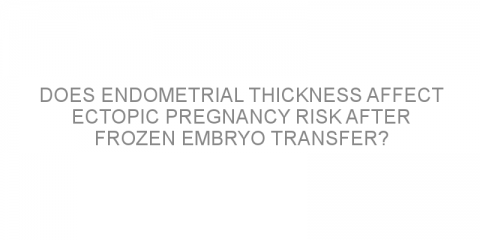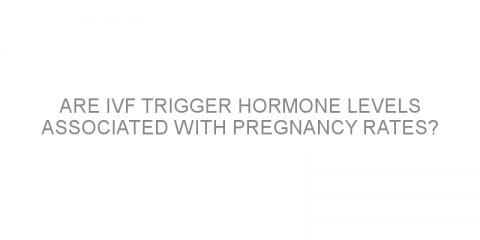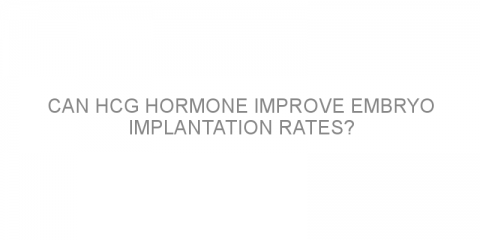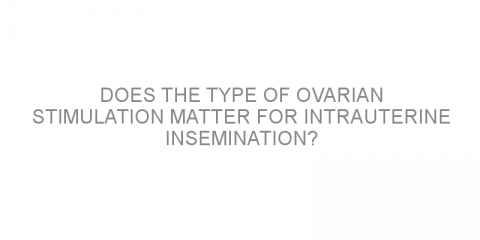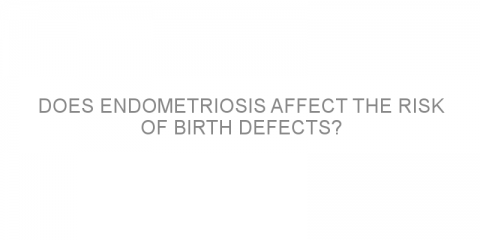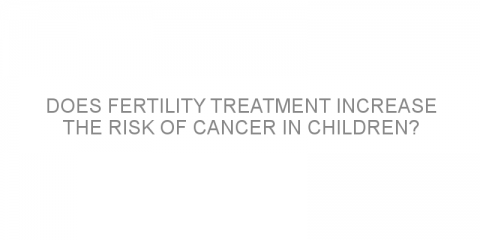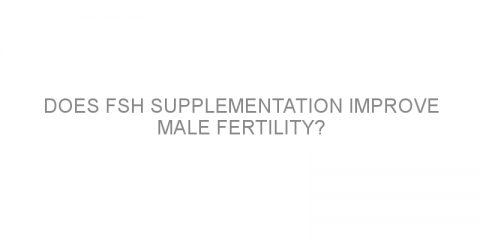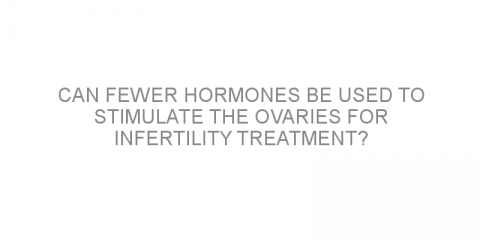In a nutshell This study investigated the effect of endometrial thickness (EMT) on ectopic pregnancy (EP) risk after frozen embryo transfer (FET). They found that lower a EMT was associated with a higher risk of EP after FET. Some background Ectopic pregnancy (EP) is caused by a pregnancy growing outside the uterus. EPs are not viable...
Read MoreInfertility Posts on Medivizor
Hyaluronic acid gel: is it effective in preventing intrauterine adhesions after miscarriage?
In a nutshell This study investigated if hyaluronic acid gels (HAGs) prevent intrauterine adhesions (IUAs) after a miscarriage (pregnancy loss). They found that HAGs reduce IUAs and improve pregnancy rates (PRs) in these women. Some background Intrauterine adhesions (IUAs) are common after a miscarriage. IUAs happen when a pregnancy is lost and...
Read MoreAre IVF trigger hormone levels associated with pregnancy rates?
In a nutshell This study looked at whether blood levels of the HCG hormone affect the chances of pregnancy after in vitro fertilization (IVF). This study concluded that having high HCG levels in the blood was associated with a higher chance of pregnancy. Some background IVF is an infertility treatment in which eggs are removed from a...
Read MoreCan hCG hormone improve embryo implantation rates?
In a nutshell This study looked at whether injecting HCG hormone into the womb before embryo transfer improved pregnancy rates. This study concluded that HCG improved pregnancy rates for women with a history of unsuccessful implantation. Some background One cause of infertility is poor implantation of an embryo in the uterus. This occurs when the...
Read MoreDoes low dose hCG improve fertility outcomes in women with polycystic ovarian syndrome?
In a nutshell This study investigated the effect of low dose human chorionic gonadotrophin (hCG) in women with polycystic ovarian syndrome (PCOS). They found that hCG may improve the number of follicles and clinical pregnancy rates (CPR) in women with PCOS. Some background Polycystic ovarian syndrome (PCOS) is a common condition...
Read MoreDoes the type of ovarian stimulation matter for intrauterine insemination?
In a nutshell This study evaluated pregnancy rates and the chances of having twins with different types of ovarian stimulation. This study found that using gonadotrophins had the highest pregnancy rates, but also the highest chance of twins. Some background Intrauterine stimulation (IUI) is an infertility treatment...
Read MoreDoes endometriosis affect the risk of birth defects?
In a nutshell This study looked at rates of birth defects among infants of women with endometriosis who conceive through IVF (in vitro fertilization). This study found that these infants may be at higher risk of birth defects. Some background Endometriosis (EM) is a disease where cells from the uterus grow in other areas of the body, such as in the...
Read MoreWhat parameters affect live birth outcomes after frozen blastocyst transfer?
In a nutshell This study investigated the factors affecting the live birth rate (LBR) after frozen blastocyst transfer (FBT). They found that a higher body mass index (BMI; a measure of weight in relation to height) and a high miscarriage rate (MCR) were associated with lower LBR after FBT. Some background Assisted reproduction (AR)...
Read MoreDoes fertility treatment increase the risk of cancer in children?
In a nutshell This study investigated if there is an increased cancer risk in children born from assisted reproductive techniques (ARTs). They found that the cancer risk was greater in children born after frozen embryo transfer (FET). Some background Assisted reproductive techniques (ARTs) are commonly used in couples with infertility....
Read MoreDoes FSH supplementation improve male fertility?
In a nutshell This study investigated if follicle-stimulating hormone (FSH) supplementation improves sperm parameters in male infertility (MI). They found that FSH improved sperm parameters in these patients. Some background Male infertility (MI) is a common cause of infertility. In many cases, the cause of MI cannot be explained. MI...
Read MoreAge and infertility treatment – do women with polycystic ovarian syndrome have an advantage?
In a nutshell This study investigated the effect of age on infertility treatment in women with polycystic ovarian syndrome (PCOS). They found that age-related decline (ARD) in fertility treatment outcomes was slower in women with PCOS. Some background Polycystic ovarian syndrome (PCOS) is caused by cysts on the ovaries. Women with PCOS have...
Read MoreCan fewer hormones be used to stimulate the ovaries for infertility treatment?
In a nutshell This study looked at using clomiphene citrate (Clomid) alone without other hormone therapies to stimulate the ovaries during in vitro fertilization (IVF). It found that this type of IVF with minimal stimulation is an effective treatment for infertility. Some background IVF is a common infertility treatment in which oocytes (eggs) are...
Read More
